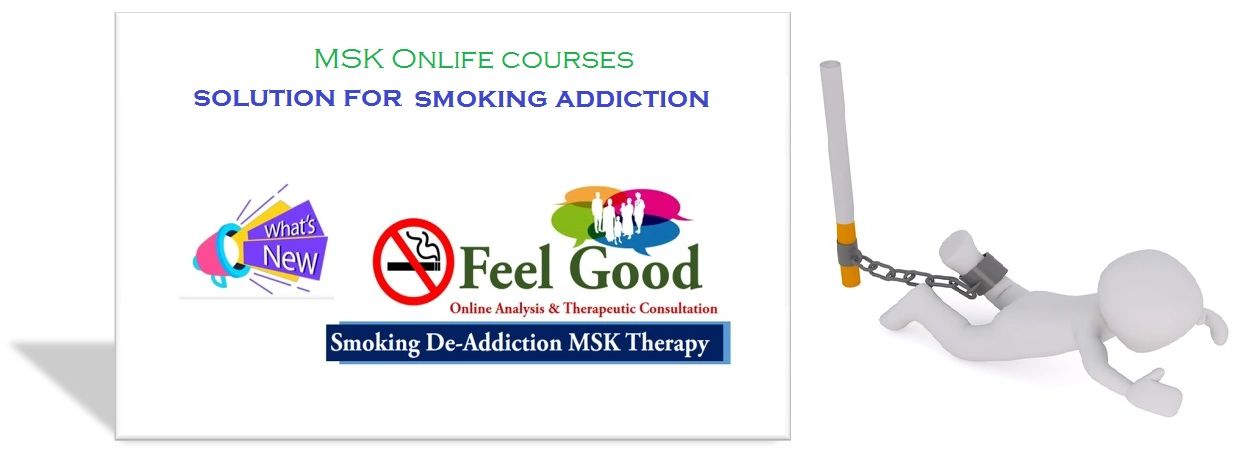
Addiction is a chronic disease that affects both the body and the mind. It is characterized by the inability to stop consuming a substance or engaging in a behavior, despite the negative consequences it may bring. Addiction can cause serious harm to an individual’s physical and psychological health, as well as their social and economic well-being.

Contents
Introduction
The importance of addiction treatment cannot be overstated. Without proper treatment, addiction can lead to severe health problems, financial instability, legal issues, and relationship troubles. It can also result in long-term damage to the brain and other vital organs. Addiction treatment can help individuals overcome their addiction and regain control of their lives.
There are various treatment options available for addiction, including therapy, medication, and support groups. The choice of treatment depends on the type and severity of addiction, as well as the individual’s personal circumstances and preferences. Seeking professional help from a qualified addiction specialist is crucial to receive appropriate and effective treatment.

The Complexity of Nicotine Addiction
Nicotine addiction is a highly complex process that involves various factors, including biological, psychological, behavioral, and cultural elements. Nicotine, the primary addictive substance in cigarettes, activates the brain’s reward center, leading to pleasurable feelings and reinforcing the desire to smoke. Over time, nicotine alters the brain’s chemistry, making it difficult to quit smoking.
The psychopathological model of addiction suggests that mental illnesses, such as mood disorders, cognitive difficulties, and personality disorders, can contribute to the development of addiction. Studies have found that individuals with mental health disorders are more likely to smoke and have a harder time quitting smoking. This relationship between mental illness and addiction is known as co-morbidity.
The biological factors involved in nicotine addiction include changes in brain chemistry, genetics, and the physical effects of nicotine on the body. Psychological factors, such as stress, anxiety, and depression, can also contribute to the development of addiction. Behavioral factors, such as environmental cues and social influences, can trigger the desire to smoke.
Cultural factors, including societal norms and peer pressure, can also play a role in the development of nicotine addiction. The social acceptability of smoking, especially in certain cultures, can make it more challenging for individuals to quit smoking.

Smoking and Psychological Disorders
Smoking is strongly associated with various mental illnesses, including schizophrenia, depression, and anxiety disorders. Studies have found that individuals with mental health disorders are more likely to smoke and have a harder time quitting smoking. In fact, smoking is one of the leading causes of preventable deaths among individuals with mental health disorders.
Schizophrenia, a severe mental disorder characterized by delusions, hallucinations, and disordered thinking, is closely associated with smoking. Studies have found that individuals with schizophrenia are more likely to smoke and have a higher risk of developing smoking-related health problems. This increased risk is partly due to the higher prevalence of smoking among individuals with schizophrenia and the effects of antipsychotic medications on nicotine metabolism.
Depression is another mental illness that is strongly associated with smoking. Smokers are more likely to experience depression, and individuals with depression are more likely to smoke. The relationship between smoking and depression is complex and bidirectional, with each condition influencing the other.
In addition to mental illnesses, smokers tend to exhibit certain personality traits, such as extroversion, impulsiveness, and anxiety. These traits can contribute to the development and maintenance of smoking addiction. Smokers often use cigarettes as a coping mechanism for stress and anxiety, which can lead to the reinforcement of the behavior.

Feel Good: MSK Therapy for Smoking De-Addiction
If you or a loved one are struggling with nicotine addiction, the Feel Good: MSK Therapy for Smoking De-Addiction program might be the right solution for you. This program offers a comprehensive approach to addiction treatment, addressing the biological, psychological, and behavioral aspects of addiction.
The MSK therapy used in this program is a type of psychotherapy that aims to reprogram the brain’s reward system and eliminate addictive behaviors. It is based on the principles of cognitive-behavioral therapy (CBT) and utilizes various techniques to help individuals overcome addiction.
The therapy program is tailored to the individual’s needs, with a focus on personalized care and support. The program includes one-on-one therapy sessions with a qualified addiction specialist, as well as group therapy sessions with peers who are going through similar struggles.
The benefits of the Feel Good: MSK Therapy for Smoking De-Addiction program are numerous. It offers a safe and supportive environment for individuals to address their addiction and work towards recovery. The program also helps individuals develop coping strategies for dealing with triggers and cravings, which can be crucial in maintaining long-term recovery.
MSK therapy has been shown to be highly effective in treating addiction. It has been used successfully to treat various types of addiction, including nicotine addiction. The therapy focuses on changing the way the brain processes rewards, which can help individuals break the cycle of addiction.

Conclusion
In conclusion, smoking addiction is a complex and challenging issue that can have serious physical and psychological consequences. However, with the right support and treatment, it is possible to overcome addiction and achieve long-term recovery. The Feel Good: MSK Therapy for Smoking De-Addiction program offers a comprehensive and personalized approach to addiction treatment, utilizing the proven effectiveness of MSK therapy to reprogram the brain’s reward system and eliminate addictive behaviors.
If you or a loved one are struggling with nicotine addiction, consider exploring the benefits of this therapy program and taking the first step towards a healthier, addiction-free life.

To find out more about us, type ‘MSK Life Clinic Foundation‘ on google.com or click this link. You can find more information about MSK Life Clinic at msklifeclinic.in and YouTube channel named MSK Life TV! Stay tuned to facebook.com/gsexperts to know our services from time to time.

MSK Smoking De-addiction Therapy from MSK Life Clinic Foundation, India.
DISCLAIMER: Articles on this website contain affiliate links from Instamojo and Amazon websites. Because we are the participants in the Amazon Services LLC Associates Program & Instamojo Referal Program, which are designed to provide a means for sites to earn advertising fees by advertising and linking to amazon.in and Instamojo.com.


